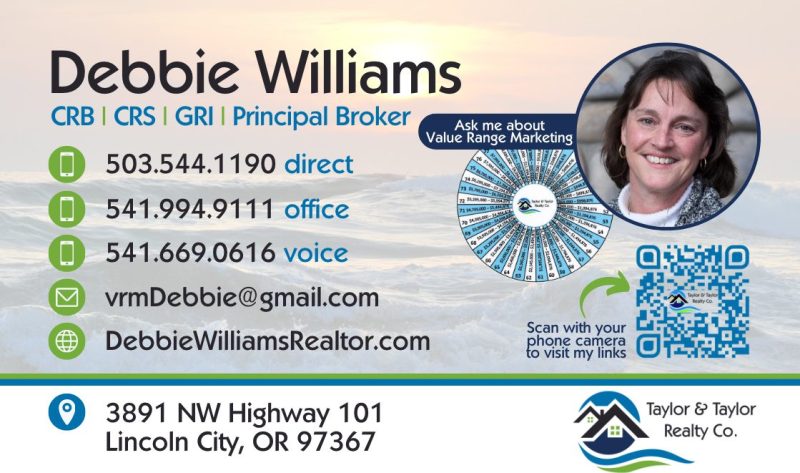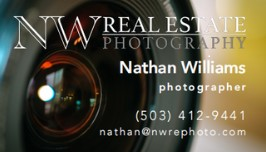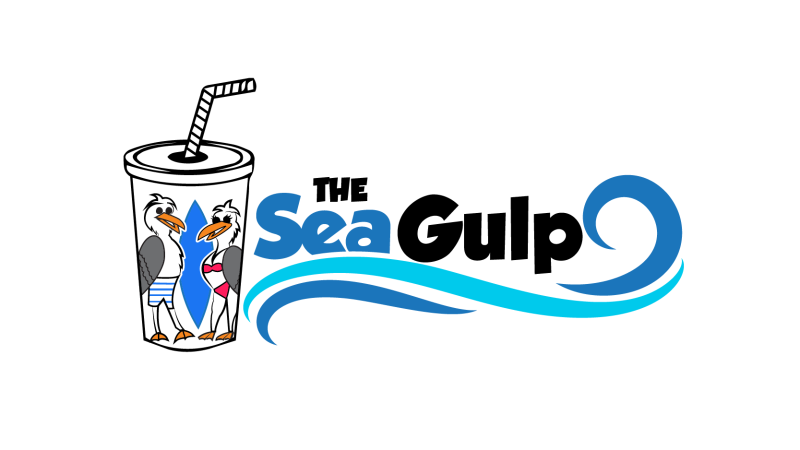The Coast Guard advises all mariners of the dangers related to crossing hazardous bars in the Pacific Northwest.
Recent incidents have highlighted the challenges of attempting to cross waterway bars in heavy weather and at night. The marine casualty of a commercial fishing vessel on the Coos Bay bar resulted in the loss of a vessel, but miraculously all three crew members were saved. Unfortunately, in a similar incident on the Yaquina Bay bar, both the crew and the vessel were tragically lost.
The Coast Guard previously established regulated navigation areas for specific locations on the Oregon and Washington coasts and created guidance for these locations. When conditions become hazardous, the Captain of the Port (COTP) for the Coast Guard, having jurisdiction over a particular area, will either restrict or close the bar. See Title 33 CFR Part 165.1325 for additional information.
Bar closure – As determined by the COTP, when the environmental conditions exceed the operational limitations of the relevant Coast Guard search and rescue resources, the bar will be closed and no vessels can cross the bar unless specifically exempted by the COTP.
Restricted bar – The COTP will restrict a bar for vessels of a specified length as follows:
- Recreational vessels. Vessels of the prescribed length or less cannot cross the bar.
- Uninspected passenger vessels. Vessels of the prescribed length or less cannot cross the bar.
Night-time bar operations – The Coast Guard typically reports bar conditions from first light to last light, meaning bar reports become outdated as conditions change during the night. Vessel operators should exercise extreme caution when transiting a restricted bar between sunset to sunrise. If there is any doubt as to conditions on the bar, vessel masters should consider staying outside in deep water until updated conditions can be determined. When the bar is restricted to vessels of a specified length, masters of commercial fishing vessels up to and including that length, shall contact the Coast Guard on VHF-FM channel 16 or 22A prior to crossing the bar and report the vessel’s name, location or position, the number of persons aboard and destination.
Rough bar escorts – At times, the Coast Guard may determine that the safest option is to escort vessels across a hazardous bar. While the variability of each bar and given conditions require flexibility in how the Coast Guard will undertake an escort, typically two Coast Guard Motor Life Boats will be on scene. Guidance from the on-scene Coast Guard units is always advisory in nature, and at no time are vessel masters relieved of their responsibility for the safe operation and navigation of their vessel.
Bar reporting and guidance – The Coast Guard has released guidance on the following regulated navigation areas. You can access these guidance documents at http://www.fishsafewest.info/R
Outreach – Vessel masters unfamiliar with local bar conditions, bar reporting methods or Coast Guard escort techniques are strongly encouraged to contact their local Coast Guard station. Commanding officers and officers-in-charge of local stations can provide an overview of their bar reporting areas and discuss in detail how their unit will conduct rough bar escorts.
You can view the daily bar status at http://www.wrh.noaa.gov/pqr/ma
For more information on this marine safety information bulletin, contact Mr. Dan Hardin at 206-220-7226.






